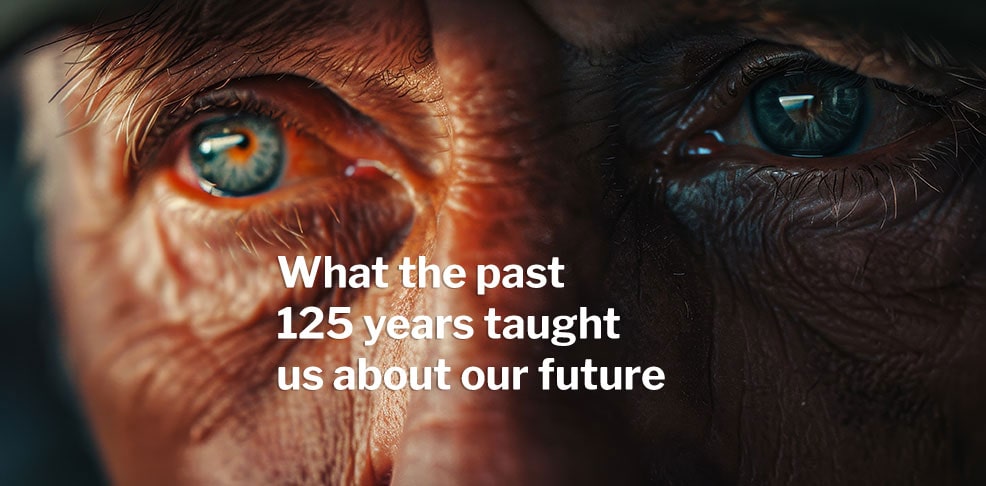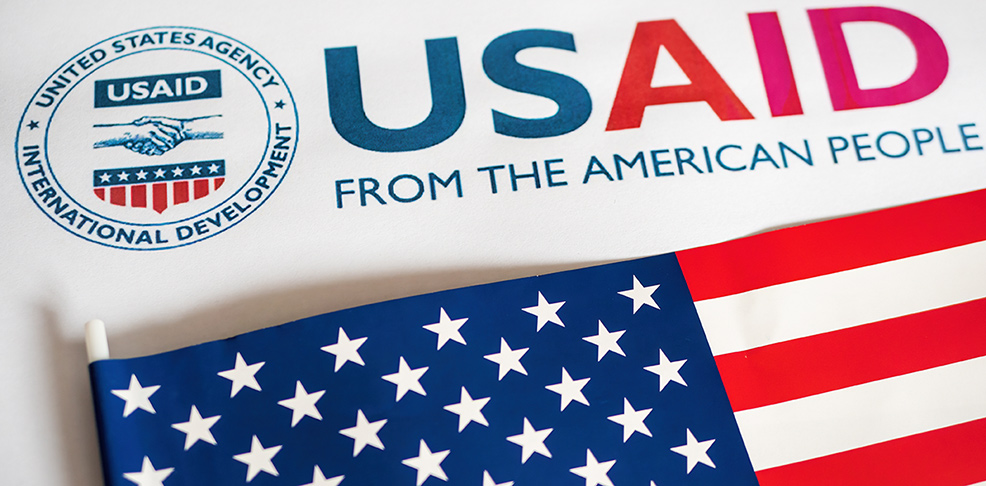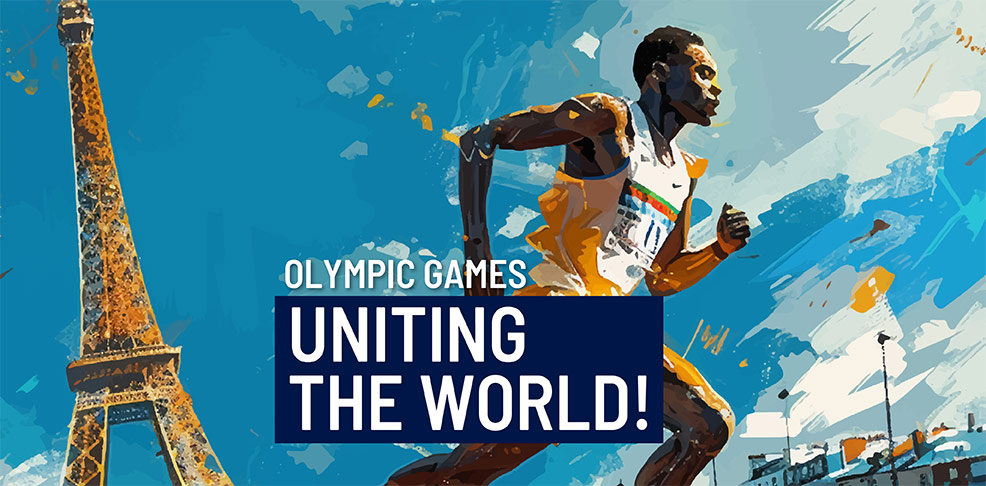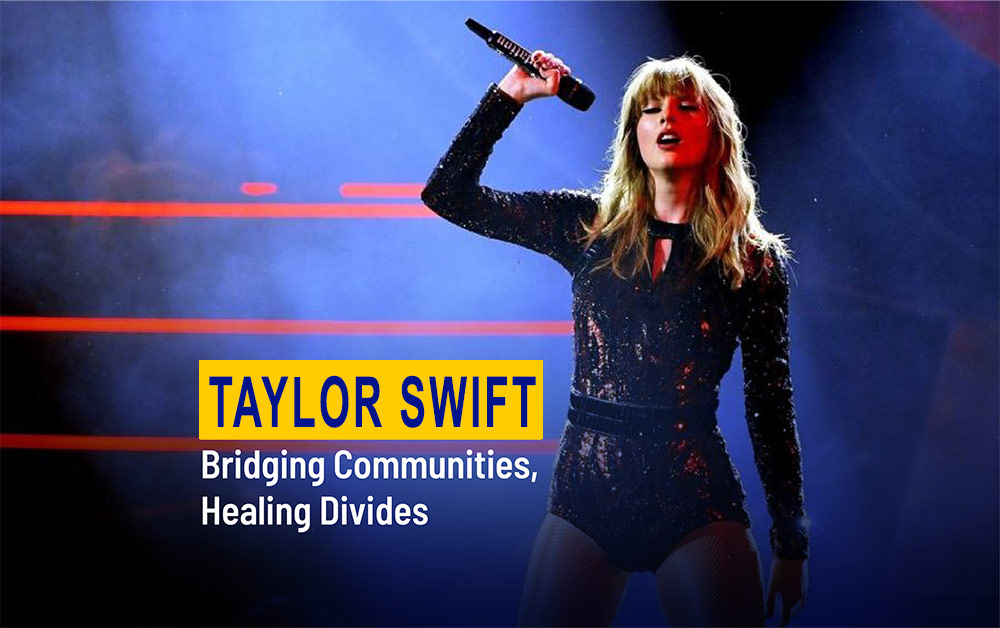The Good Old Days’ A Myth Or A Reality?

Born in France in 1964, I grew up hearing my grandmother’s stories about the ‘good old days.’ But her tales of village life and family traditions always carried darker undertones memories of Nazi occupation, resistance fighters, and the toll of war, including the three years my grandfather spent as a prisoner of war in Germany during World War II. Now, after 35 years in America, raising four children, and watching the institutions that preserved global peace come under attack, I see those stories in a new light.
When people say they want to return to better times, I have to ask, better for whom? I wonder, considering my journey from France to America in 1983, my marriage to a Venezuelan woman, and my life spanning three continents. The world before 1945 saw two devastating global wars. Since then, the world hasn’t seen any. That’s not a coincidence; it’s the direct result of institutions we’re now foolishly attacking.
The past 125 years tell a clear story about the difference institutions make. In 1900, Europe’s great powers, led by men like Kaiser Wilhelm II and Tsar Nicholas II, stumbled into World War I through a combination of nationalism, arrogance, and the absence of international frameworks for resolving conflicts. Twenty million died!

Then came an even deadlier killer. The 1918 Spanish Flu pandemic claimed 50 million lives worldwide, more than the war itself. Without international cooperation or a coordinated response, each nation fought the virus alone, often ineffectively. The parallel to COVID-19 is striking; where the Spanish Flu faced a world without international coordination, COVID-19 saw vaccines developed in record time through global cooperation, even as nationalist politicians undermined public health responses.
The aftermath of these twin catastrophes brought something worse. In my grandmother’s youth, three men rose to power promising to restore national greatness: Benito Mussolini in Italy, Adolf Hitler in Germany, and Joseph Stalin in the Soviet Union. Their rejection of international cooperation and embrace of extreme nationalism led to World War II and the Holocaust, claiming over 70 million lives!

From this other disaster, America helped build something revolutionary: a system of international institutions designed to prevent another world war and promote economic prosperity: the United Nations, NATO, the World Bank, and the International Monetary Fund. These organizations created a framework for resolving conflicts without warfare. Most remarkably, the European Union transformed a continent that had fought for centuries into one of human history’s most peaceful and prosperous regions.

Yet the path wasn’t smooth. The Korean War (1950-1953) claimed over 2.5 million lives as the world’s new institutions faced their first major test. The conflict showed both the promise and limitations of international cooperation; while the UN intervened to prevent North Korea’s conquest of the South, Cold War divisions prevented a more lasting peace.
The Vietnam War followed, becoming a tragic example of how Cold War ideologies could trap nations in devastating conflicts. This war, which I later learned about from American veterans after moving to the US, shattered many Americans’ faith in government institutions and revealed the limits of military power.
At home, America faced its own struggle for justice. The Civil Rights movement, led by visionaries like Martin Luther King Jr., looked to make America’s democratic ideals a reality for all citizens, challenging longstanding segregation and inequality. This movement paralleled global calls for justice and self determination, from India’s independence under leaders like Gandhi to the extensive decolonization efforts across Africa. The price of progress was high: leaders such as Martin Luther King Jr., John F. Kennedy, Robert Kennedy, and Gandhi paid with their lives. Meanwhile, decolonization conflicts, such as those in Algeria, Vietnam, and Kenya, led to brutal clashes that resulted in an estimated one to two million deaths globally, highlighting how deeply violence was embedded into the quest for change and freedom

The 1973 oil embargo delivered another harsh lesson about global interdependence. As Arab nations used oil as a political weapon, Americans faced gas lines and soaring prices. This crisis, which I remember from my childhood in France, revealed how modern prosperity depended on international cooperation. It drove the creation of the International Energy Agency to coordinate energy security among developed nations, another vital institution now under attack from nationalists.
When I arrived in America in 1983, these institutions stood strong despite their challenges. I watched from my new home as they faced their greatest test: the collapse of the Soviet Union in 1991. This could have led to chaos and conflict. Instead, the international order helped manage a peaceful transition in most places.

That moment held such promise, I tell my four children. We thought democracy and international cooperation would spread naturally. We were naive.
I’ve watched with growing concern as the promise of that moment faded. The Iraq War in 2003, which I witnessed as a naturalized American citizen, showed how a miscalculated intervention could have catastrophic consequences for the world when not properly managed. Through my Venezuelan wife’s family, I saw how Hugo Chávez’s populist promises devastated Latin America’s richest democracy.
Today, we’re seeing a resurgence of the same nationalist forces that wreaked the world in the 1930s. Viktor Orbán in Hungary, Marine Le Pen in France, the AfD in Germany, and Law and Justice in Poland, to name a few. All promise a return to national greatness by undermining the very institutions that guarantee peace and prosperity. Brexit stands as a warning: it promised prosperity through isolation, but Britain instead found economic decline and diminished influence.
The assault on institutions, expertise, human empathy, and the stigmatization of minorities we’re witnessing across many countries feels painfully familiar. Having spent decades studying how democracies falter, I see dangerous parallels between today’s surge of populism and the forces that unraveled so many democracies in the 1930s.
The numbers tell this story clearly. In the first half of the 20th century, major powers went to war twice, killing over 100 million people. In the second half, despite Cold War tensions, direct conflicts between major powers were avoided thanks to international institutions and diplomatic frameworks.

Yet today, we see growing attacks on basic facts of life and the very institutions that maintained peace for 75 years. The COVID-19 pandemic revealed how quickly antiscience attitudes and nationalist politics can undermine international cooperation, even in the face of global threats.
Looking ahead, the challenges are immense. Climate change, AI, nuclear proliferation, and growing inequality require more international cooperation, not less. No country, no matter its size, can solve today’s challenges on its own. But instead of strengthening global institutions, we’re watching them be undermined by the same kind of nationalist and populist rhetoric that proved so devastating in the past.
The “good old days” weren’t that good. They were marked by warfare, disease, pain, and poverty on a scale hard to imagine today. What made the post 1945 world different was the creation of institutions like the United Nations that could manage international conflicts before they erupted into war. Along with organizations like the UN, the European Union transformed a continent of war into a continent of peace, precisely what today’s nationalists want to destroy.
As I tell my children, we face a choice: we can strengthen and improve these institutions, adapting them to today’s challenges, or we can watch them be dismantled, taking our best chance for peace and prosperity with them.
The next time someone attacks national or international institutions as outdated or unnecessary, remind them that the alternative isn’t some imagined golden age. It’s a return to the chaos and catastrophic wars these institutions were created to prevent.
The best time in human history is right now. We’ve built a safer, healthier, and more connected world than at any other time. But this isn’t the finish line. Rather, it’s a stepping stone, and the challenge before us is to build on our achievements and solve the pressing issues that remain.
We are already great compared to where we were 125 years ago, and our next chapter lies in striving for an even better world, one where we tackle every challenge with resolve, cooperation, and a resolute commitment to progress. This is our call to action: not to rest on what we’ve achieved in the past, but to rise and meet the challenges that lie ahead. Our kids deserve a world in progress; this is the least we can do for them!











